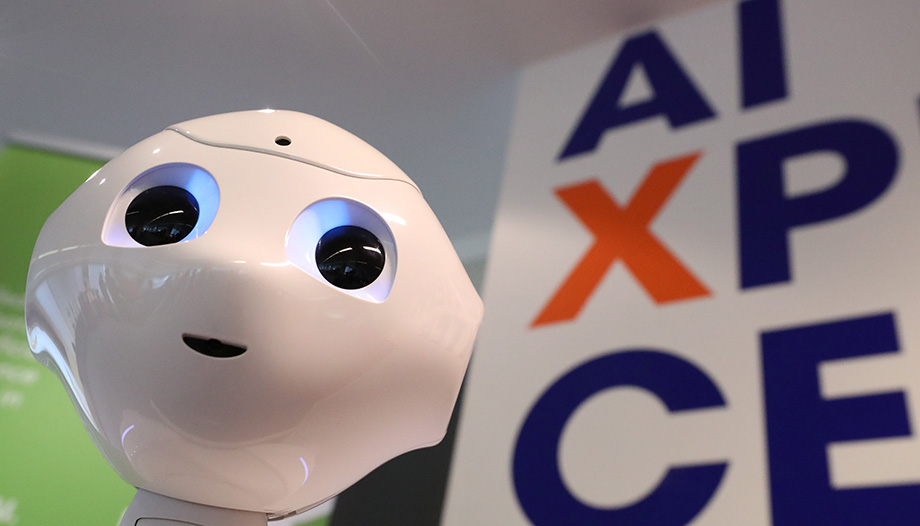The intrinsic dignity of the person must be the key criterion for evaluating emerging technologies. This was reiterated by the Pope Francis’ a few weeks ago when talking about a topic as current as artificial intelligence, which has practically "hypnotized" the world for a few months after the appearance of the now famous application ChatGPT.
For decades, the Church has been asking itself about the challenges posed by the Artificial IntelligenceFor at least seventy years (see Alan Turing in 1950), scientists have been competing for the primacy of a technology capable of "reasoning" in a manner similar to man. In 1987, it was St. John Paul II - the first among the last pontiffs - who warned of the most immediate risks deriving from a "robotization" of the world of work, which would lead to a generalized substitution of man's manual activity without a real replacement.
Today, the problem arises at the level of "awareness" and sensitization, exploiting our laziness and uncritically seconding any "success" that machines can achieve.
At stake with ChatGPT is man's creativity and his "mastery" over so-called intellectual works, starting with those related to the world of communication and, why not, journalism. This is why Pope Francis is keen to point out the need to "foster greater awareness and consider the social and cultural impact" of these artifacts, which are in any case the fruit of human ingenuity and of the "gifts" that God has bestowed on his creatures.
Encounter and confrontation
There is undoubtedly a need to nurture "serious and inclusive" spaces of encounter and debate on the use of machines. More specifically, a "dialogue between believers and non-believers on the fundamental questions of ethics, science and art", without forgetting the search for the true meaning of life and with the aim of building peace and true development. integral human.
Addressing scientists, engineers, entrepreneurs, jurists, philosophers - gathered under the aegis of the "Minerva Dialogues" and convened by the Dicastery for Education and Culture - Pope Francis emphasized the positivity of emerging technologies, from which it is impossible to deny concrete help to humanity also in terms of creativity and future benefit. But this will only be truly supportive if we know how to truly orientate the dechnological development for the goodThe company found consensus, for example, on the values of transparency, security, equity, inclusion, reliability and confidentiality.
Regulation of Artificial Intelligence
The only path is that of regulation, as indicated in point 194 of Laudato Si', which speaks of the promotion of an authentic progress that aims to leave the world better than we found it and to generate an integrally superior quality of life.








